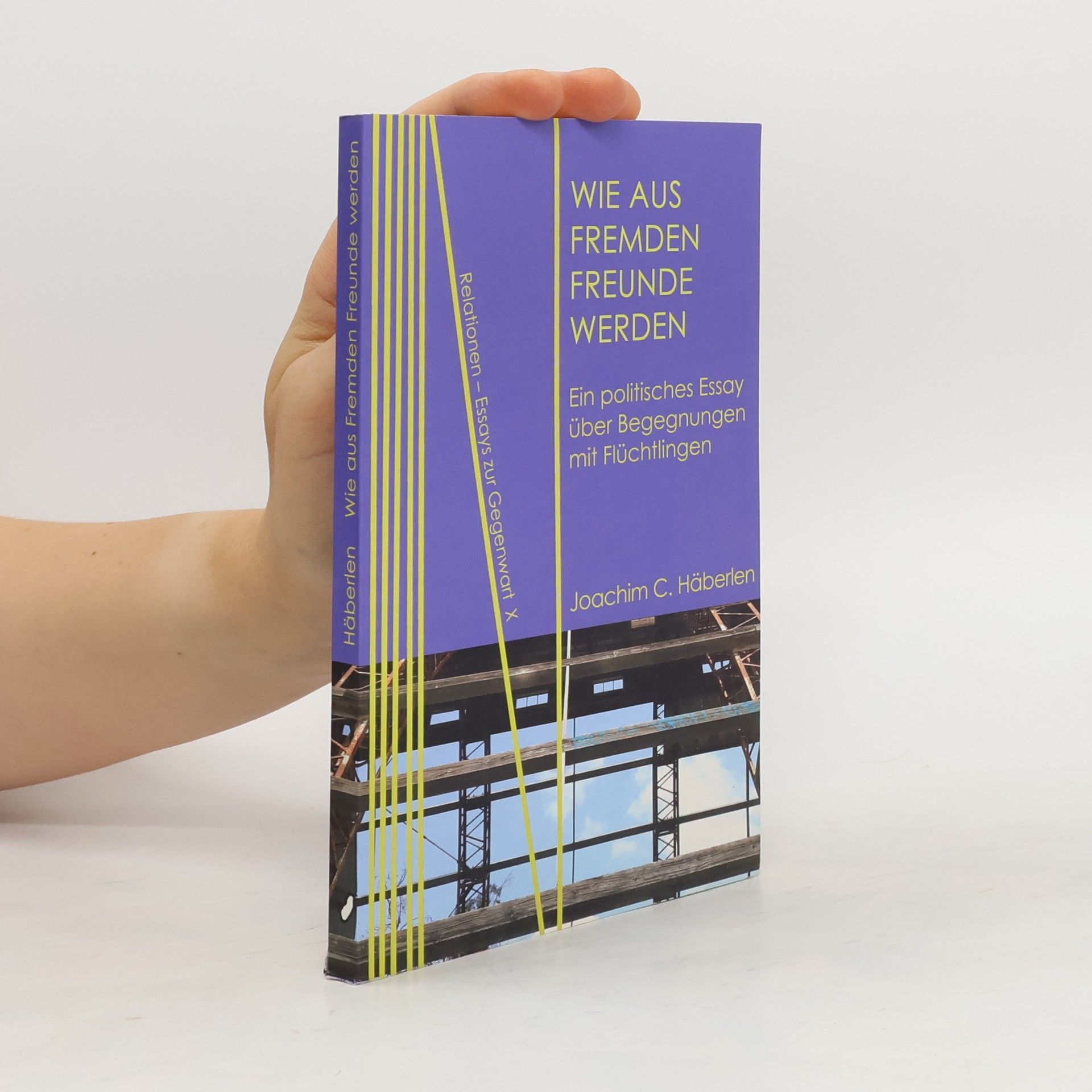This engaging narrative offers a detailed exploration of its subject, blending storytelling with insightful analysis. The author presents a well-researched perspective, making complex themes accessible to a broad audience. With a focus on compelling characters and pivotal events, the book invites readers to delve into the intricacies of its topic, ensuring a captivating experience that balances depth with readability.
Joachim C. Häberlen Reihenfolge der Bücher (Chronologisch)




The Emotional Politics of the Alternative Left
- 318 Seiten
- 12 Lesestunden
This fresh account of new-leftist politics in West Germany after 1968 emphasises how central feelings were, both for leftist critiques of modern capitalism and for their political practices. Joachim C. Haberlen's book is based on close archival research and theoretically informed by recent approaches to the history of emotions.
Wie aus Fremden Freunde werden
Ein politisches Essay über Begegnungen mit Flüchtlingen
- 128 Seiten
- 5 Lesestunden
Wie können aus Fremden Freunde werden? Wie ist es möglich, mit kulturellen Unterschieden und Konflikten in solchen Freundschaften umzugehen? Welche Veränderungen bewirken sie zwischen Fremden? Und was ist an ihnen politisch? Das Buch erzählt die Geschichte einer außer gewöhnlichen Freundschaft zwischen einer jungen, aus Afghanistan geflüchteten Frau und einem deutschen Mann, die ihren Ausgang in einer Begegnung vor dem Berliner LAGeSo im Herbst 2015 nahm. Eindringlich porträtiert das Buch die Frau, ihre Hoffnungen und Träume ebenso wie die Schwierigkeiten, mit denen sie kämpfen muss. Und so intim die Geschichte ist, die das Buch erzählt, so politisch ist sie. In einer Freundschaft lässt sich lernen, mit großen Differenzen umzugehen, sie offen auszusprechen und dennoch Freunde zu bleiben. In Freundschaften bildet sich das Vertrauen, das eine demokratische Polis braucht. In einer von Sorgen und Ängsten geprägten Debatte über Flüchtlinge und deren Integration macht dieses Buch Hoffnung, ohne Schwierigkeiten zu verkennen.